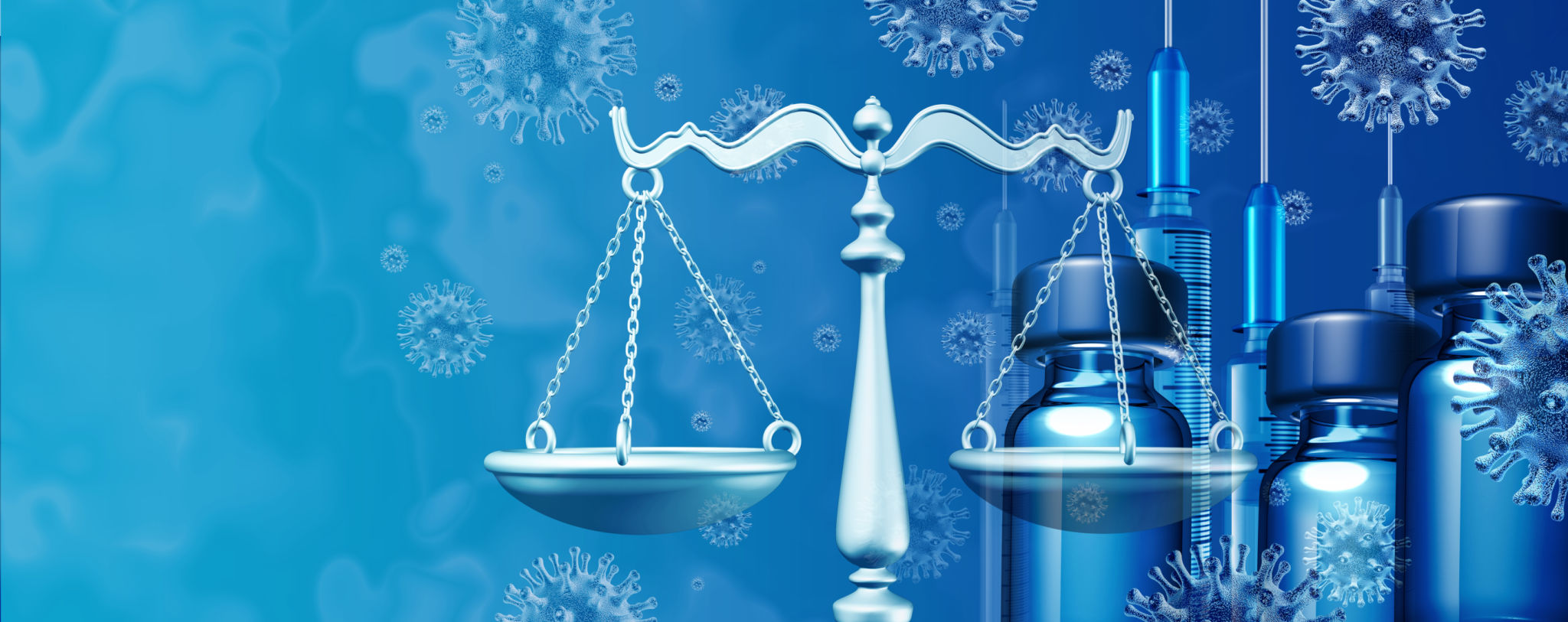Chemical Distribution in Singapore: Navigating Local Regulations
CH
Understanding the Regulatory Landscape
Singapore has established itself as a key player in the global chemical distribution industry. However, navigating the local regulations can be a complex process for businesses looking to operate in this sector. Understanding the regulatory landscape is crucial to ensure compliance and avoid any legal complications.
The Singaporean government has put in place stringent regulations to ensure the safe handling, storage, and distribution of chemicals. These regulations are designed to protect public health, the environment, and workers involved in the chemical industry. Companies must be well-versed in these regulations to operate successfully.

Key Regulatory Bodies
Several regulatory bodies oversee the chemical distribution industry in Singapore. The primary authorities include the National Environment Agency (NEA), the Ministry of Manpower (MOM), and the Singapore Civil Defence Force (SCDF). Each of these bodies has specific roles and responsibilities in regulating different aspects of chemical distribution.
The NEA is responsible for environmental protection and waste management, ensuring that chemical companies adhere to environmental standards. The MOM focuses on workplace safety and health regulations, while the SCDF oversees fire safety and emergency response protocols.
Licensing and Permits
To distribute chemicals in Singapore, companies must obtain the necessary licenses and permits from the relevant authorities. The type of license required depends on the nature and quantity of chemicals being handled. For instance, companies dealing with hazardous substances need to secure a Hazardous Substances License from the NEA.
Additionally, businesses must comply with the SCDF's regulations for the storage and transportation of flammable materials. This involves obtaining a Fire Safety Certificate and ensuring that all storage facilities meet the required safety standards.

Compliance and Safety Measures
Compliance with local regulations is not just about obtaining licenses and permits. Companies must also implement robust safety measures to protect their employees and the environment. This includes regular safety training for staff, proper labeling of chemicals, and maintaining up-to-date safety data sheets (SDS).
Furthermore, businesses must conduct regular risk assessments and audits to identify potential hazards and take corrective actions. This proactive approach helps in minimizing risks and ensuring a safe working environment.
Environmental Considerations
Environmental sustainability is a key focus area for the Singaporean government. Companies in the chemical distribution sector are required to adopt environmentally friendly practices, such as reducing waste, recycling, and using eco-friendly packaging materials. The NEA provides guidelines and support to help businesses achieve these goals.

Moreover, companies must comply with the Pollution Control Regulations, which set limits on the discharge of pollutants into the air, water, and land. Non-compliance can result in hefty fines and legal penalties, making it essential for businesses to stay updated with the latest regulatory requirements.
Staying Informed and Updated
The regulatory landscape for chemical distribution in Singapore is constantly evolving. Companies must stay informed about any changes in regulations and adapt their operations accordingly. This can be achieved through regular engagement with regulatory bodies, attending industry seminars, and subscribing to updates from relevant authorities.
By staying proactive and informed, businesses can navigate the complex regulatory landscape effectively and ensure long-term success in the Singaporean chemical distribution market.
